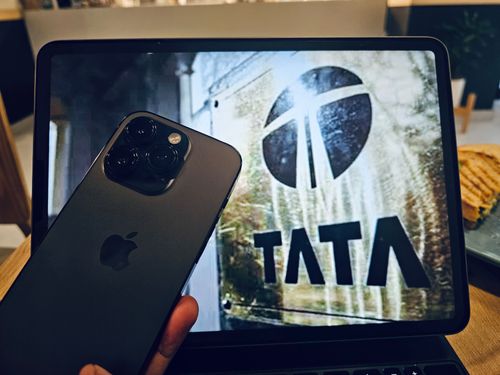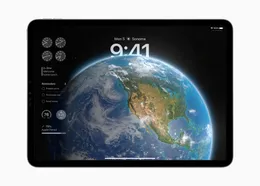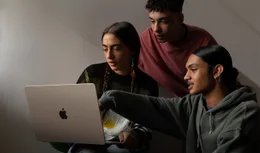
Tata is about to make iPhones in India
Tata is reportedly coughing up $600 million to acquire the factory of Wistron, one of Apple’s global contractor manufacturers, after it shuttered India operations in May 2023.

Tata is reportedly coughing up $600 million to acquire the factory of Wistron, one of Apple’s global contractor manufacturers, after it shuttered India operations in May 2023.

Apple rides in on their censorship horse, armed with the Sensitive Content Warning. Shielding us from accidental nudity, they promise not to peek. Who needs privacy when you have a tech giant playing moral police? Thank you, Apple, for preserving our innocence!

Hold onto your digital hats, folks! iOS 17 and iPadOS 17 have crash-landed like a UFO full of quirky updates. Get ready for Siri's stand-up career, Animojis on a sugar rush, and a wild safari with time-travelling browsing. Buckle up, and it's gonna be a pixel-packed joyride!

Apple says you need a 15-inch MacBook Air in your life. After all, what’s better than a laptop that starts at Rs. 1,34,900 and only offers two USB-C ports? But hey, at least there are six speakers to drown your financial hit with death metal songs.

IOS 17 will be out in the coming months. Once installed, it will let you share contacts by just bringing two iPhones (or an Apple Watch) close to each other. Of course, you will feel insanely cool and rich doing it!
A Carnegie Mellon University study reveals starting your brainstorming process with Google can be detrimental to the group's creativity.
Teams relying much on search engines often produced inundatingly same, less original ideas due to a cognitive bias called "fixation effect," where seeing popular answers converges our thought process instead of diverging it.

While individuals weren't necessarily dumber with Google, groups of Google users seemed to get stuck in a rut, often coming up with the same common ideas, sometimes even in the same order! Talk about a copy-and-paste creativity crisis.
"This appears to be due to the fact that Google users came up with the same common answers, often in the same order, as they relied on Google, while non-Google users came up with more distinct answers," explained lead author Danny Oppenheimer.
EDITORS' PICKS